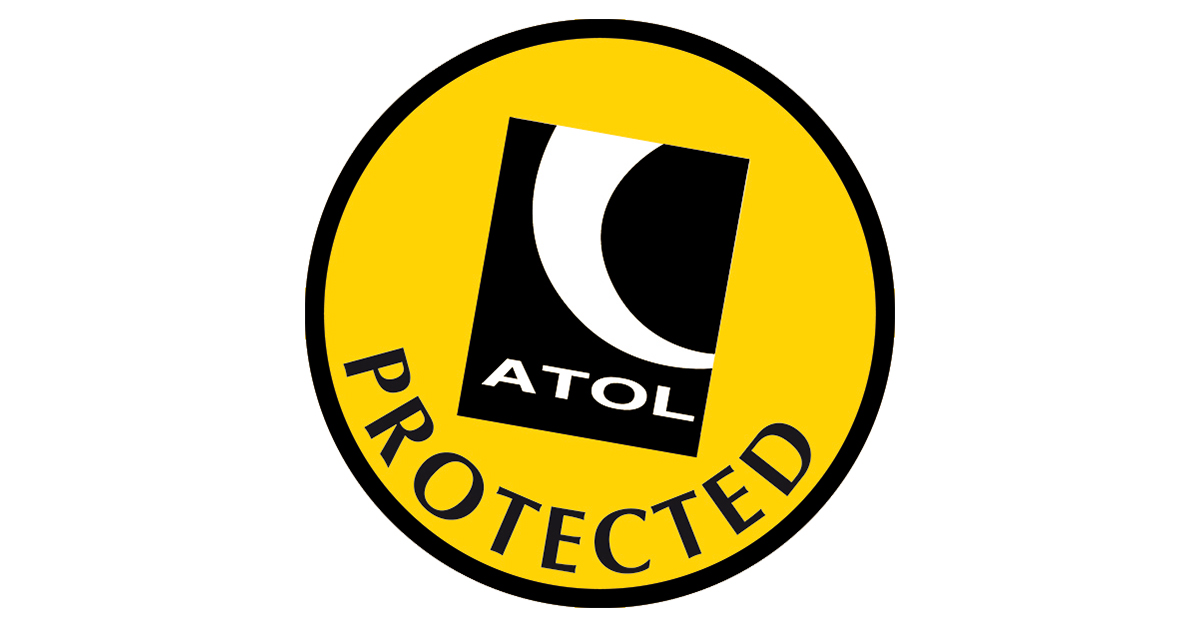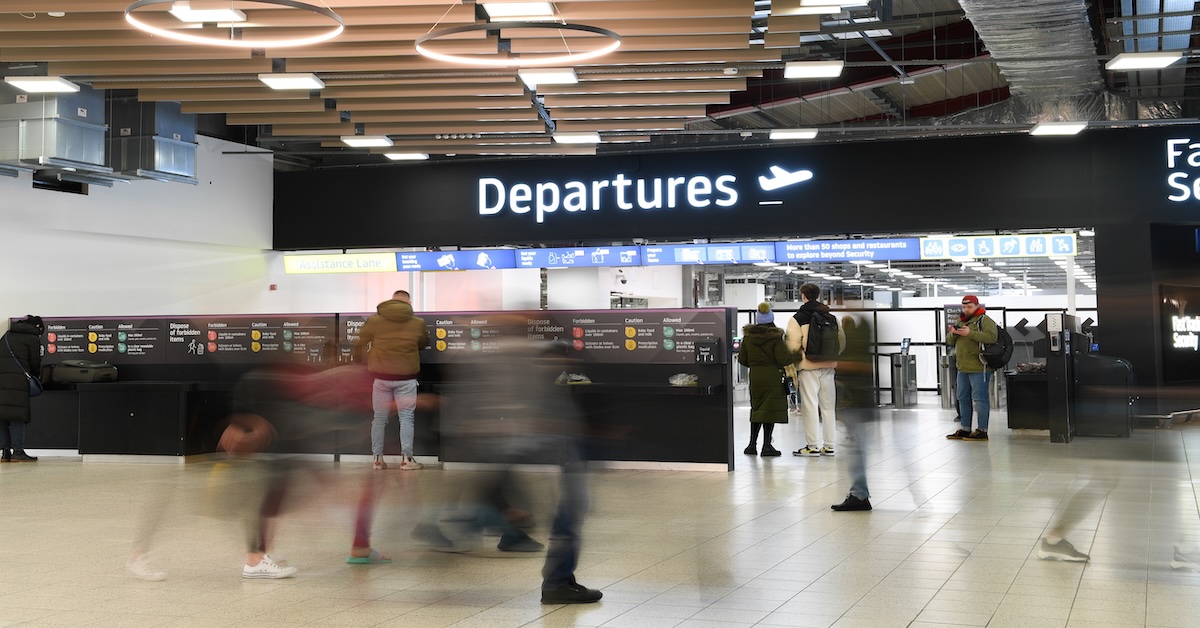You are viewing 2 of your 2 free articles
CAA consumer chief outlines Atol reform priorities
The CAA’s group director of consumers and markets has stressed the need to reform the financial licensing that backs the Atol scheme and questioned whether sufficient focus is currently placed on risks presented by individual operators.
The latest consultation on reform of Atol found little industry consensus on how it should be modernised, but one option under consideration is differential pricing for Atol Protection Contributions (APC) based on assessment of risk to the consumer protection scheme.
Paul Smith, group director of consumers and markets at the regulator, told the ITT conference in Istanbul that reform of financial licencing that backs Atol was a key priority.
“Because the travel sector is very varied, this is not about some business models being good and some business models being bad. It’s reflecting that there are different business models but that they impose different risks on the system.”
Smith said the CAA is looking at how the £2.50 per passenger APC might change from being a flat fee regardless of how a package holiday is booked and who with.
He said reform is needed to make the Atol scheme more “resilient” and “robust”. Credit in the Air Travel Trust (ATT) that sits behind Atol was decimated by the failure of Thomas Cook in 2019.
Smith told ITT delegates that Atol already reflects risk imposed by different operators “to a degree” but added: “Is that enough?”
A risk-based differential APC is being considered alongside trust account and ESCROW accounts as part of the reform,.
However, Smith said the recent consultation found little consensus in the industry. “It [Atol] is basically a pooled insurance arrangement.
“It’s one of few insurance products where the premium is the same irrespective of the risk imposed on the system. That, at the heart, is the point we want to really reflect on.”
Smith said Atol is often “taken for granted” but described it as a widely recognised brand that provides trust and reassurance to consumers which is vital at the industry recovers from the pandemic.
Over the last three years during the Covid pandemic Atol has handled 350,000 refund claims related to one million individual travellers.
After the Thomas Cook collapse the scheme repatriated 140,000 people in two weeks, 90% on the original date they were due to return to the UK.
“It would be great if there were not some of these failures but this is a competitive market,” said Smith. “It delivers choice and value but at time it leads to failures and the Atol scheme has been there for consumers.”
Smith added: “It’s a great strength of the travel industry that it’s so diverse and it’s a challenge for us to have an arrangement that works for everybody.
“In large and small companies there are differential risks. It’s more the impact of that failure when it’s a larger entity, it’s not necessarily the case that there is an inherent risk of failure.
“But we are committed to make it [Atol] something that can work for everybody and that takes account of the different business models out there within the industry.
“This is about better understanding risk and the impacts of failures and incorporate that into it.”
Smith said Atol remains able to continue paying claims having been given government guarantees and that as travel resumes the ATT will replenish.
“We want to move to a situation where the fund regrows again. The promise of the Atol scheme is that it can pay those claims and we need to rebuild that through the APC.”


















